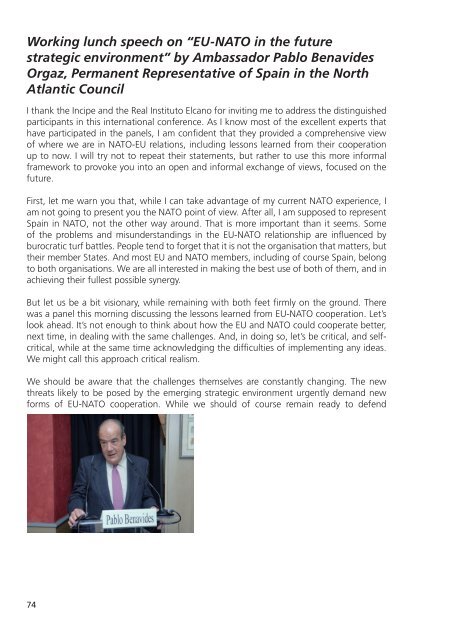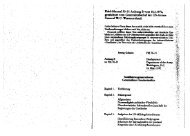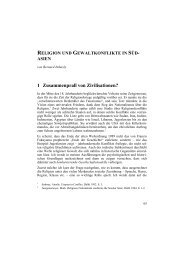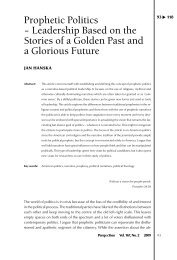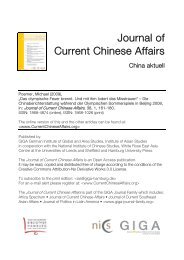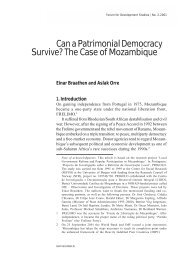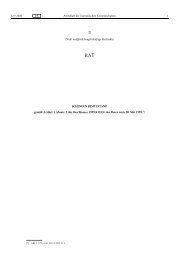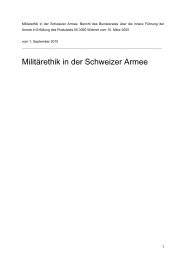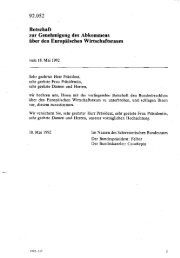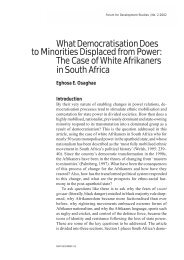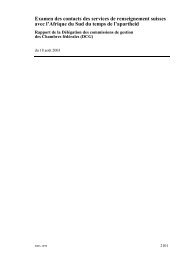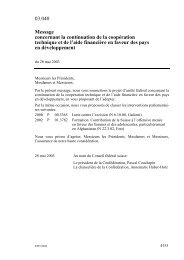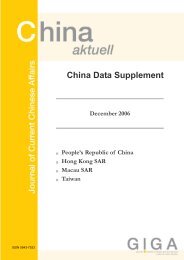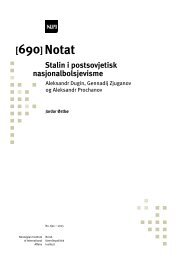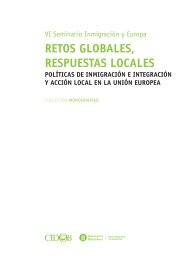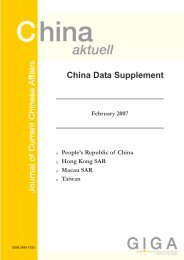El Futuro de la cooperación Unión European - OTAN
El Futuro de la cooperación Unión European - OTAN
El Futuro de la cooperación Unión European - OTAN
Create successful ePaper yourself
Turn your PDF publications into a flip-book with our unique Google optimized e-Paper software.
Working lunch speech on “EU-NATO in the future<br />
strategic environment” by Ambassador Pablo Benavi<strong>de</strong>s<br />
Orgaz, Permanent Representative of Spain in the North<br />
At<strong>la</strong>ntic Council<br />
I thank the Incipe and the Real Instituto <strong>El</strong>cano for inviting me to address the distinguished<br />
participants in this international conference. As I know most of the excellent experts that<br />
have participated in the panels, I am confi <strong>de</strong>nt that they provi<strong>de</strong>d a comprehensive view<br />
of where we are in NATO-EU re<strong>la</strong>tions, including lessons learned from their cooperation<br />
up to now. I will try not to repeat their statements, but rather to use this more informal<br />
framework to provoke you into an open and informal exchange of views, focused on the<br />
future.<br />
First, let me warn you that, while I can take advantage of my current NATO experience, I<br />
am not going to present you the NATO point of view. After all, I am supposed to represent<br />
Spain in NATO, not the other way around. That is more important than it seems. Some<br />
of the problems and misun<strong>de</strong>rstandings in the EU-NATO re<strong>la</strong>tionship are infl uenced by<br />
burocratic turf battles. People tend to forget that it is not the organisation that matters, but<br />
their member States. And most EU and NATO members, including of course Spain, belong<br />
to both organisations. We are all interested in making the best use of both of them, and in<br />
achieving their fullest possible synergy.<br />
But let us be a bit visionary, while remaining with both feet fi rmly on the ground. There<br />
was a panel this morning discussing the lessons learned from EU-NATO cooperation. Let’s<br />
look ahead. It’s not enough to think about how the EU and NATO could cooperate better,<br />
next time, in <strong>de</strong>aling with the same challenges. And, in doing so, let’s be critical, and selfcritical,<br />
while at the same time acknowledging the diffi culties of implementing any i<strong>de</strong>as.<br />
We might call this approach critical realism.<br />
We should be aware that the challenges themselves are constantly changing. The new<br />
threats likely to be posed by the emerging strategic environment urgently <strong>de</strong>mand new<br />
forms of EU-NATO cooperation. While we should of course remain ready to <strong>de</strong>fend<br />
74


